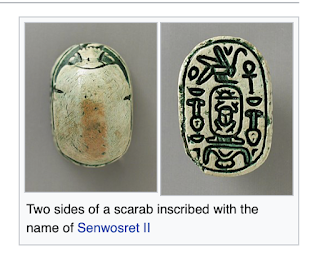There is a Scythian King called in Wikipedia ATHEAS. This is not right.
What we read on the coins s ATAILS (ATAILΣ). It was written as ATAILS but on the 12th of December 2020, a user changed this into Atheas. Why?
I started this change because I asked
"I see there ATAILS and you read it like Atheas? Why?
This other user did not answer and changed it simply into Atheas.
Bur ATAILS was right!
Look at these coin. There is ATAILS standing, not Atheas.
Further sites with this KING / coins.
http://warfare.ga/Ancient/Skythian-Coin-Atails.htm?i=2
https://www.wildwinds.com/coins/greece/scythia/Dragonov_01.jpg
*
I asked further the other user. I wrote, there I see ATAILS, definitely. Why does he insist of his failure?
He wrote: When you use Google Image Search you see that the King is called Atheas.
Who is google? It is a human, too, I mean there are humans who are writing there and google shows us,
what we can find. His answer was not ok.
*
I wrote that the older version with ATAILS was right, why he changed into a false ATHEAS?
He wrote back: .....Please stop spreading your Turkish POVs! (Points of Views)...The relevant scientific data is referenced....
Now! I understand it like that: We/I have the ultimate version of knowledge and you should accept or die. Now I ask you: should I accept this lie?
*
Why is it relevant for me/science/Turks?
ATA-IL-S consist of 2 words and 1 Greek suffix (-S)
ATA means in Turkish The Father/The Chief and IL means Land/City/Kingdom. Both have Turkish etymology and it was the point, why the other German User of Wikipedia did not want to discuss anymore. That's it.
Uzunbacak Adem
Chronology of the discussion:

the last notice about this issue!
******
UPDATE 24.12.2022
There is a new coin that I haven't seen before. The name of the ATAILS is ATAIL on it. The original name without being Greekized.
 |
| Pic source: google! |
Uzunbacak Adem























































